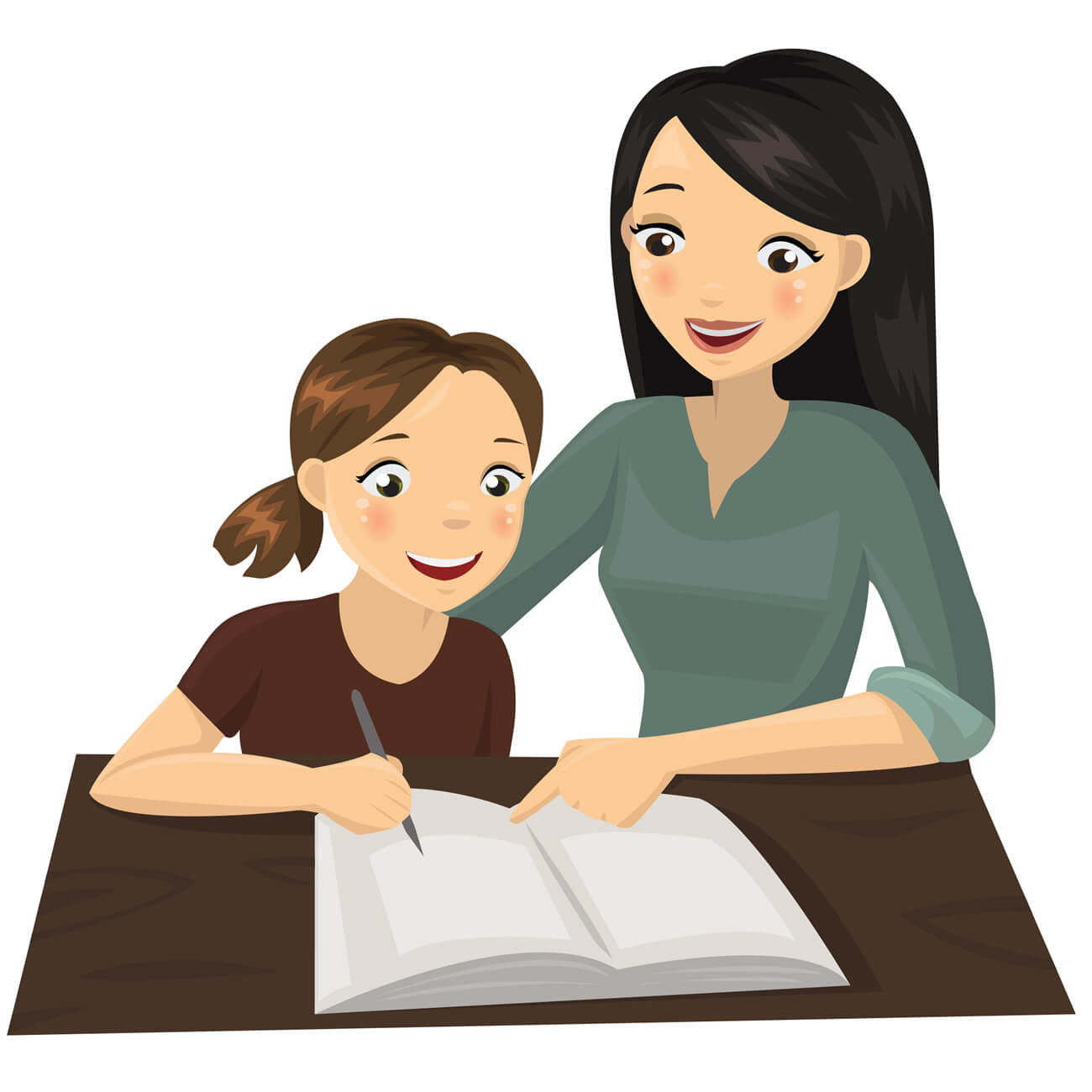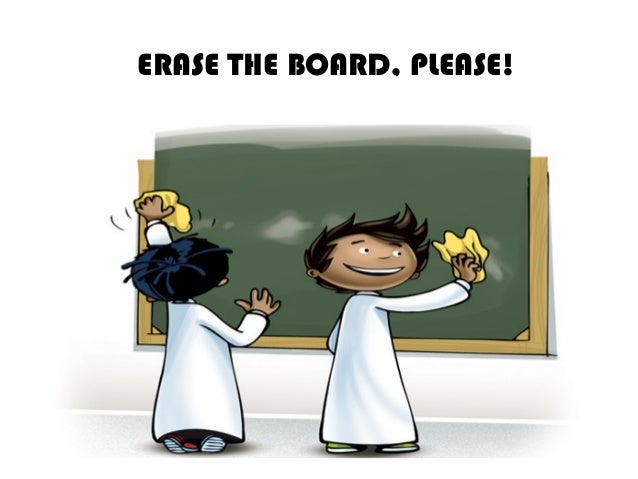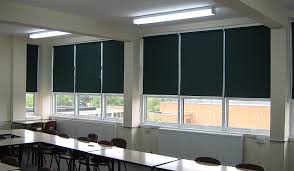"ACNEE" "ACNEA"
You may say, pupils with 'Special Educational Needs (and Disability)' or SEN(D)'. There is also a special educational needs coordinator (SENCO) working in schools.
Clase de valores
The most accurate translation could be:
Personal, social, health and economic education (PSHE).
Personal, social, health and economic (PSHE) education has in various forms been part of the National Curriculum for schools in UK since 2000. It is a planned programme to help children and young people develop fully as individuals and as members of families and social and economic communities. Its goal is to equip young people with the knowledge, understanding, attitudes and practical skills to live healthily, safely, productively and responsibly.
Personal, social, health and economic education (PSHE).
Personal, social, health and economic (PSHE) education has in various forms been part of the National Curriculum for schools in UK since 2000. It is a planned programme to help children and young people develop fully as individuals and as members of families and social and economic communities. Its goal is to equip young people with the knowledge, understanding, attitudes and practical skills to live healthily, safely, productively and responsibly.
Entregar las prácticas
You may say:
To hand in your coursework
Another way to say it would be:
Your coursework is due on Monday (when there is a deadline).
To hand in your coursework
Another way to say it would be:
Your coursework is due on Monday (when there is a deadline).
Cuando los alumnos están en fila...
When students are in a line you may need to say one of the following:
Agárrate a tu compañero: Hold on (to the person in front of you).
Suéltale: Let go (of the person in front of you).
Agárrate a la barandilla: Hold on to the banister/rail.
"Subir o bajar la nota"
You can say:
- Increase your mark/grade or get a better mark/grade
- Decrease you mark or get a worse mark/grade
Estás castigado sin recreo
You may say:
'I'm going to give you a detention at break time', 'You are not allowed to go out to the playground at break.', 'You will be kept in at break time.' , 'You have to stay in at break time.'
Equipo docente/Junta de evaluación
You may say:
Equipo docente: Teaching team
Junta de evaluación: Assessment board
Equipo docente: Teaching team
Junta de evaluación: Assessment board
"Nota media" "Hacer la nota media" "No hace media"
You can say:
- Average mark
- Calculate the average mark
- It doesn't reach the average mark
Examen de recuperación
You may say one of the following:
Remedial exam
Exam resit or retake
"I'm retaking my exam in September."
Tipos de papel
Papel pinocho: crepe paper
Papel crespón: crepe paper
Papel maché: papier-mâché
Cartulina: poster board, cardboard
Papel de seda: tissue paper
Cartón: cardboard
Papel reciclado: recycled paper
Papel de colores: coloured paper
Cartulina metálica: metallic cardboard
Papel de aluminio: aluminium foil
Papel cebolla: onionskin paper
Papel de embalar: wrapping paper
Papel cuadriculado: graph paper/squared paper
Papel vegetal: film
Papel celofán: cellophane
Papel charol: shiny wrapping paper
Papel couché: glossy paper/coated paper
Pizarra
Useful vocabulary:
Borrar la pizarra: Erase the (black/white) board
Salir a la pizarra: go up to the (black/white)board
Borrar la pizarra: Erase the (black/white) board
Salir a la pizarra: go up to the (black/white)board
Horario/recreo
You may say:
Horario:
schedule (AmE)
timetable (BrE)
Recreo:
playground (physical space)
break (BrE)/recess (AmE) [time]
It's time for break/It's break time (es la hora del recreo )
Horario:
schedule (AmE)
timetable (BrE)
Recreo:
playground (physical space)
break (BrE)/recess (AmE) [time]
It's time for break/It's break time (es la hora del recreo )
Departamento de orientación
You may say: Guidance department
The person giving counselling is the counsellor. They provide, among other services, careers guidance.
Turnos
Here you have examples of songs you may use to give turns. You should find them all easily on the Internet.
Blurty– CKK Educational
How to Take Your Turn– Rita Gold I've Got a Question– Cathy Bollinger I Raise My Hand– Jim Rule Raise Your Hand Song – J. W. Snyder Ready, Set, Wait! – Listen & Learn Someone Else's Turn– Music with Mar. You've Got to Wait– Margie La Bella We Take Turns– Mary Flynn
Ponerse la bata/Ponte la bata
The kind of protecting item of clothing children usually wear in Spanish schools would be a school smock.
Please, put on your school smock.
In some British public schools, students may wear a robe, but that's something different from what we call "bata de colegio":
Temperas y acuarelas
To say "tempera" in English, you can use "tempera". To say "acuarela" you can use "watercolour" instead.
Vocabulario plástica/dibujo técnico
Here you have some useful vocabulary you could need in your classes:
Escuadra: set-square
Cartabón: triangle
bisectriz de un ángulo: the bisector of an angle
mediatriz: perpendicular bisector
trazar la bisectriz de un ángulo: trace/draw the bisector of the angle
"Siéntate bien y no te gires"
You can say:
- Please sit nicely and face the front of the classroom
- Please sit nicely and look at me
Items de evaluación
You can say:
- He/She pays attention to explanations in class and he/she understands them (=presta atención a las explicaciones)
- He/She recognizes English vocabulary (=conoce el vocabulario trabajado)
- He/She takes part in stories and songs (=participa en historias y canciones)
- He/She recognizes phonic sounds (=conoce los sonidos trabajados)
- He/She is able to blend (=Se integra bien en el grupo)
Estrategias de trabajo cooperativo
You can say:
- Revolving folio (=folio giratorio)
- 1-2-4 (Think, Pair, Share)
- Shared reading (=lectura compartida)
- Numbered heads together (=cabezas numeradas)
- Three minute review (=parada de tres minutos)
- Pencils in the centre/Round robin (=lápices al centro)
More about cooperative learning here.
"¡Silencio!" "¡Callaos!" "Hablad en voz baja" 🤫
You can say:
- Silence, please!
- Please be quiet
- Please speak quietly
"Recordando lo de ayer/la unidad pasada..."
You may say: "Let's revise what we did yesterday/in the last unit"
"Pórtate bien" "Te has portado muy bien hoy"
You can say:
- Please behave yourself/yourselves
- You have behaved very well today
"¿Ha sido sin querer, o ha sido queriendo?"
You may say: "Did you do it on purpose or was it an accident?"
Subscribe to:
Comments (Atom)













/ThreeDice-58c709435f9b58af5ca4d2c8.jpg)











